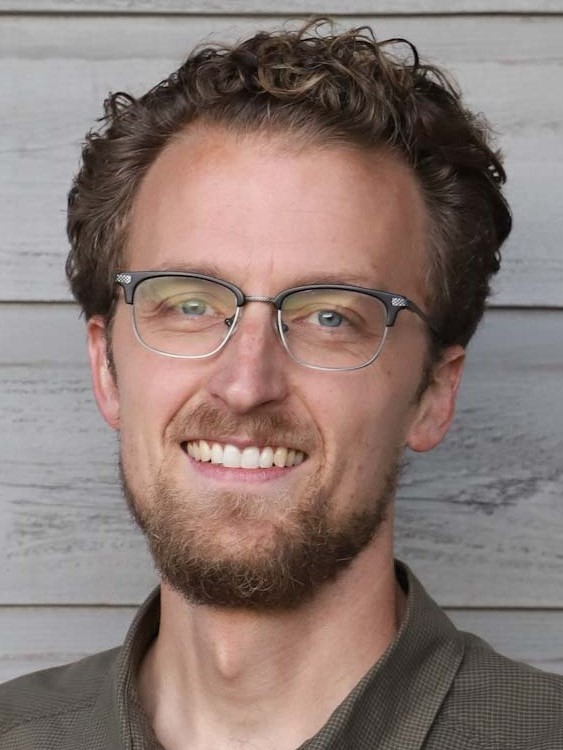When is "Altruism" Good in Distributed Decision Making
April 2023 Meeting of Pikes Peak Chapter of IEEE Computer Society
The web of interconnections between today's technology and society is upending many traditional ways of doing things:
The internet of things, bitcoin, the sharing economy, and connected autonomous vehicles are increasingly in the public mind.
As such, computer scientists and engineers must be increasingly conscious of the interplay between the technical performance of their systems and the personal objectives of users, customers, and adversaries.
Dr Brown will present recent work studying the design tradeoffs faced by a planner who wishes to influence and optimize the behavior of a group of self-interested individuals.
A key goal is to balance the potential benefits of implementing a given behavior-influencing scheme with its potential costs; seeking to systematically avoid schemes which are likely to create perverse incentives.
Dr. Brown will explore these concepts in two contexts: routing of autonomous vehicles in mixed-autonomy transportation networks and decision design for communication-denied distributed multiagent systems.
He will ask "when is altruism good?" through the lens of the Price of Anarchy and a new conceptual framework that is termed the "Perversity Index," which captures the potential harm that an incentive scheme may cause.
Ultimately, this work seeks to develop foundations for a theory of robust socially-networked systems which leverages the decision processes of automated components to enhance overall system reliability and performance.
Date and Time
Location
Hosts
Registration
-
 Add Event to Calendar
Add Event to Calendar
Loading virtual attendance info...
Speakers
 Dr. Philip Brown
Dr. Philip Brown
Biography:
Philip Brown is an Assistant Professor in the Department of Computer Science at the University of Colorado at Colorado Springs. He received the PhD in Electrical and Computer Engineering from the University of California, Santa Barbara under the supervision of Jason Marden. He received the Master and Bachelor of Science in Electrical Engineering from the University of Colorado at Boulder and Georgia Tech (respectively), between which he developed process control technology for the biofuels industry. Philip is interested in the impact of human social behavior on the performance of large-scale infrastructure and software systems, and studies this by combining concepts from game theory and feedback control of distributed systems. Philip has received the AFOSR Young Investigator Award (2023), the Best Paper Award from GameNets 2021, and the 2018 CCDC Best PhD Thesis award from UCSB.

